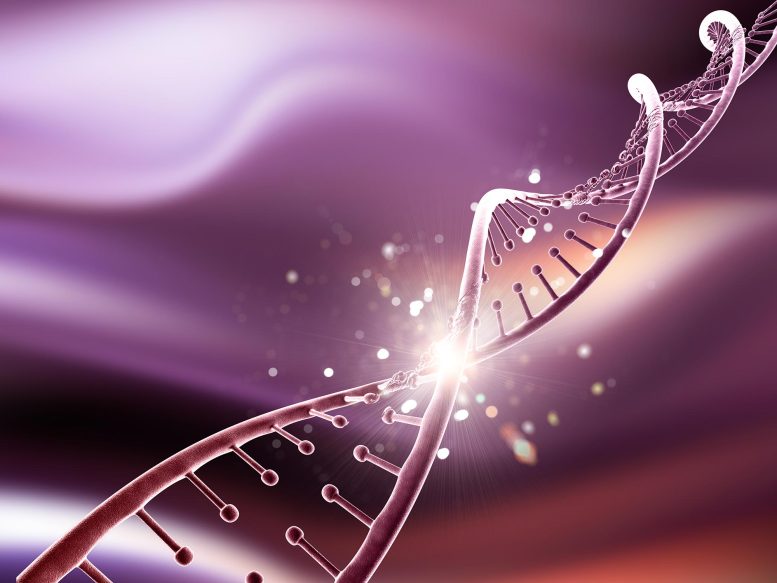New Research Shows Epigenetic Changes as a Potential Cause of Type 2 Diabetes

A study from Lund University suggests that type 2 diabetes can be caused by epigenetic changes, rather than simply being a genetic predisposition. This discovery provides crucial knowledge for the prevention and control of the disease.
The study, shared in Nature Communications, establishes that epigenetic changes could potentially trigger the occurrence of type 2 diabetes. These findings have strengthened the idea that epigenetic modifications can cause type 2 diabetes and researchers are now in the process of devising methods for disease prevention.
Although, it is true that our genes - which we inherit from our parents - are relatively static, environmental and lifestyle variables can cause epigenetic changes which can affect gene functionality.
"We've confirmed through our comprehensive study what our previous smaller studies suggested: that epigenetic changes can contribute to the development of type 2 diabetes. We've also discovered new genes associated with the disease. We hope that these findings will aid in the design of methods to prevent type 2 diabetes," explains Charlotte Ling, leader of the study and professor of diabetes and epigenetics at Lund University's Diabetes Centre (LUDC).
The research, conducted on insulin-producing cells, found 5584 genome sites with alterations that differed among 25 individuals with type 2 diabetes and 75 individuals without the condition. These same epigenetic changes were observed in those with high blood sugar levels, which is associated with an elevated risk of contracting the disease.
"For a long time, those who study epigenetics have struggled to understand whether these changes cause type 2 diabetes, or if they are a result of the disease. However, since we observed the same epigenetic changes in individuals with type 2 diabetes and those at risk of developing it, we can now say that these variations might contribute to the disease," says Tina Rönn, the paper’s lead author and researcher at LUDC.
The team identified 203 genes that showed different expressions in people with type 2 diabetes as compared to the control group. Interestingly, the gene RHOT1 displayed epigenetic changes in diabetes patients and also had a significant role in insulin secretion in insulin-producing cells. When the RHOT1 gene expression was suppressed in cells from donors unaffected by type 2 diabetes, insulin secretion was reduced.
Rönn confirms that the absence of RHOT1 in the same type of cells in diabetic rats confirmed this gene's critical role in insulin secretion.
Another objective of the research is to develop a biomarker found in the blood that could help predict potential development of type 2 diabetes. Accordingly, the researchers scrutinized their findings from insulin-producing cells in the pancreas and whether these were echoed in the blood of living persons. They discovered epigenetic changes in the blood of a group of 540 people free from the disease, linked to the predicted development of type 2 diabetes in half of the individuals.
Epigenetics are influenced by factors like unhealthy diet, sedentary lifestyle and aging, which in turn heighten the risk of type 2 diabetes. The findings of the new study shed light on new mechanisms that may aid the development of prevention methods for type 2 diabetes.
Charlotte Ling notes that success in developing an epigenetic biomarker would enable early identification of individuals who show epigenetic changes and are likely to become ill. These individuals could then receive personalized lifestyle advice to reduce their risk, or the possibility of correcting gene activity via epigenetic editing could be explored.
“Genes with epigenetic alterations in human pancreatic islets impact mitochondrial function, insulin secretion, and type 2 diabetes” is the paper published by Tina Rönn, Jones K. Ofori, Alexander Perfilyev, Alexander Hamilton, Karolina Pircs, Fabian Eichelmann, Sonia Garcia-Calzon, Alexandros Karagiannopoulos, Hans Stenlund, Anna Wendt, Petr Volkov, Matthias B. Schulze, Hindrik Mulder, Lena Eliasson, Sabrina Ruhrmann, Karl Bacos and Charlotte Ling, on 12 December 2023 in Nature Communications.




